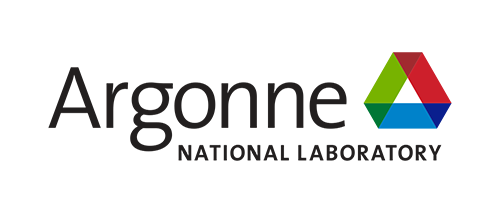National Caregivers Day – Feb. 18
The caregiver’s work is never done.
Caregivers are people caring for others, offering kind support and assistance to people who cannot manage without it. While there are professional caregivers who are paid for their work, here we want to celebrate Argonne employees who are providing care without pay in addition to their jobs at Argonne.
Caregivers shoulder the responsibility of supporting their aging parents, their relatives with disabilities, and/or raising their children. Work as a caregiver does not have a closing time. There is always something that needs to be done or that can be done better. Caregivers come home from work and the children need help with their homework, the laundry is waiting, the house needs cleaning, the dog wants a walk, appointments with physicians need to be arranged, baths have to be given, errands have to be done. Preparing for quality time with the family has its own work involved, like making tea, popping popcorn, setting up board games, and generally making a house into a home.
Why is this additional work of employees as caregivers important to Argonne? The laboratory is serving the future of our society by solving grand challenges, but Argonne is also meant to resemble the best that our society can be. A highly developed society lives up to the core values and the unwritten contract between generations: we care about the younger generation and get them ready to take over for us one day; we care about the older generation with love and respect, knowing they have so much experience to share; and we care about people with disabilities who enrich our lives by giving us new perspectives and expanding our horizons.
How can we help and support the caregivers at Argonne? Just keep up with Argonne’s core values, especially when a coworker’s caregiving responsibilities are sometimes competing with their work at Argonne. Show respect for their duties at home. Be a team player and offer to assist or take over when they need to leave before a project is done for the day. Make an impact on their lives and reflect: how could you make their lives a bit easier by adapting work patterns? Maybe hold fewer meetings and offer more flexibility? Practice integrity and consider the impact caregivers have on projects, not just their need to be home on time or to be absent due to sickness, school closures, medical appointments, etc. Create a workplace that makes it safe for caregivers to successfully combine work and caregiving.
Let’s work together to create a modern and caring society for all!



